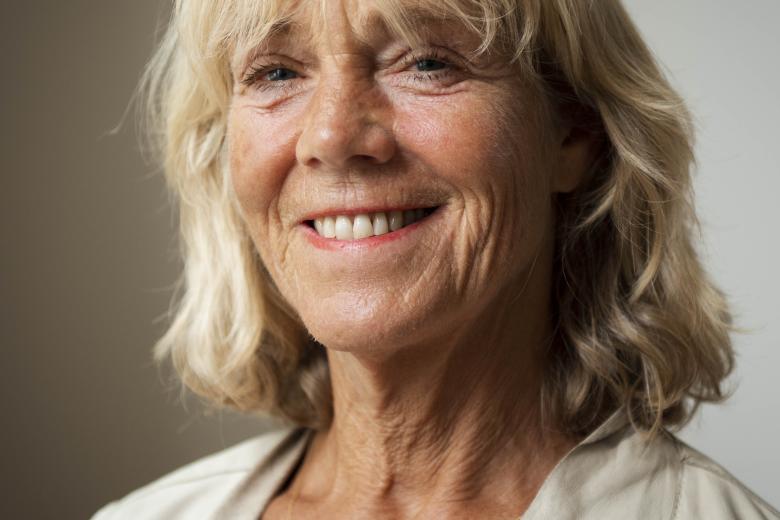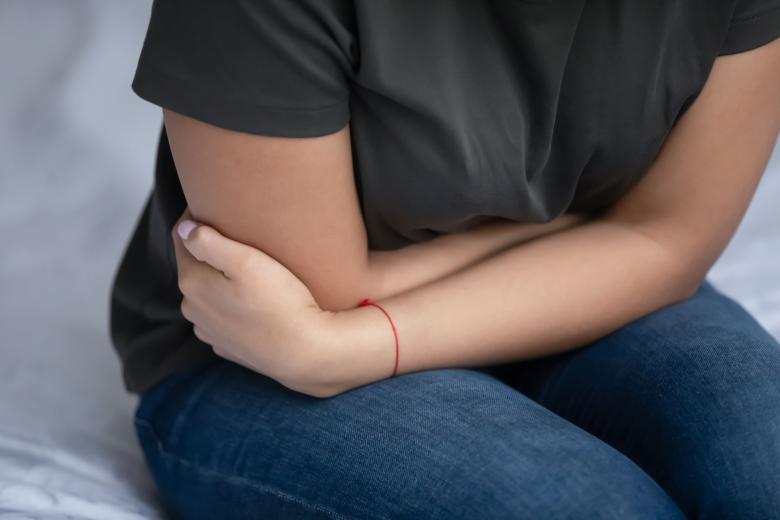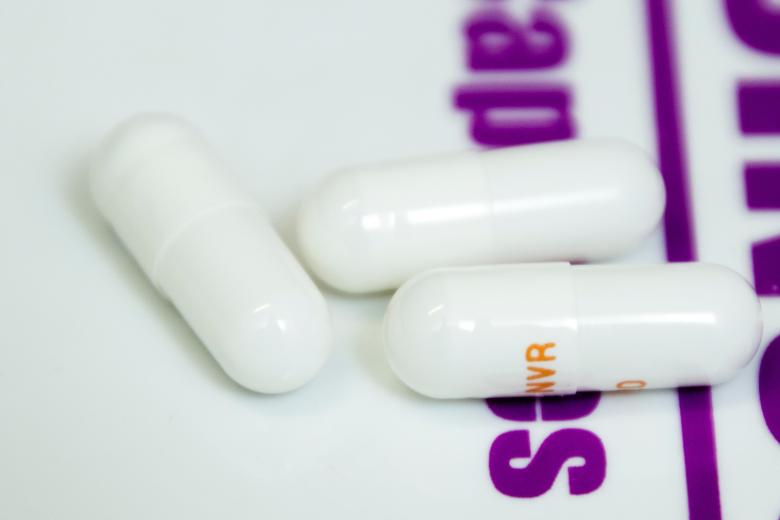New technique preserves arm lymphatics in breast cancer patients
A new technique known as axillary reverse mapping (ARM) assesses the lymphatic drainage of the arm. The technique would enable the lymph nodes in the axilla to be preserved and could possibly reduce the risk of post-operative lymphoedema. This was concluded by Maarten Beek (surgical registrar) in his doctoral thesis. Based at Amphia Hospital in Breda, and in collaboration with other hospitals in the Netherlands, Dr Beek has been conducting research on this technique for the last three years. Today he is to be awarded a PhD from Maastricht University.
A new technique known as axillary reverse mapping (ARM) assesses the lymphatic drainage of the arm. The technique would enable the lymph nodes in the axilla to be preserved and could possibly reduce the risk of post-operative lymphoedema. This was concluded by Maarten Beek (surgical registrar) in his doctoral thesis. Based at Amphia Hospital in Breda, and in collaboration with other hospitals in the Netherlands, Dr Beek has been conducting research on this technique for the last three years. Today he is to be awarded a PhD from Maastricht University.
For many years, an axillary node dissection (removal of all the underarm lymph nodes) has been one of the gold standards in treating breast cancer. There are still a significant number of patients who undergo this surgical intervention. One major disadvantage of an axillary node dissection is that patients may suffer from loss of sensation, limited arm movement and lymphoedema (swollen arm).
Axillary reverse mapping is a new surgical technique. This technique allows the lymphatic drainage pattern of the arm to be distinguished from that of the breast. The surgeon injects a blue dye into the inner side of the upper arm after which all the arm lymph nodes and associated lymph vessels become blue in colour, but the lymph nodes of the breast do not. These arm lymph nodes can then be selectively preserved during the axillary node dissection. This is good news for breast cancer patients who are eligible for axillary node dissection; only the necessary lymph nodes are removed and the risk of lymphoedema is likely to be reduced. The treatment does not compromise the oncological treatment of patients with breast cancer.
If axillary reverse mapping proves to effectively reduce the risk of lymphoedema, this new technique could contribute towards a better quality of life for a large number of breast cancer patients. The final results of this ongoing study are expected in 2018.
The study has been partly funded by Pink Ribbon and the Maurits and Anna de Kock Foundation.
* The study is being conducted in collaboration with Albert Schweitzer Hospital (Dordrecht), Alexander Monro Breast Cancer Hospital (Bilthoven), Catharina Hospital (Eindhoven), Erasmus MC (Rotterdam), HagaZiekenhuis (The Hague), Ziekenhuis Gelderse Vallei Hospital (Ede), Maasstad Hospital (Rotterdam) and the Medisch Spectrum Twente (Enschede).
Also read
-
Menstruation is still a taboo in the workplace
In honour of the presentation of the VNVA Els Borst Prize for her oeuvre, Prof Marlies Bongers is organising the symposium "menstruation in RED on the agenda" on 1 October.

-
Repeat miscarriages: does the immune system play a role?
In women trying to conceive, 1-3% experience repeated miscarriages. For more than 50% of these women, a cause for the miscarriages has yet to be found. New research from Maastricht University (UM) and the Maastricht University Medical Centre+ (MUMC+) shows that the immune system’s Natural Killer (NK...

-
New European project aims to think outside the box when it comes to medicine
The European Commission has awarded €23 million to set up a new platform for drug repurposing: the use of existing drugs in diseases other than those for which they were originally developed. In the next seven years UM will develop the platform REPO4EU (precision drug REPurpOsing for Europe)...
